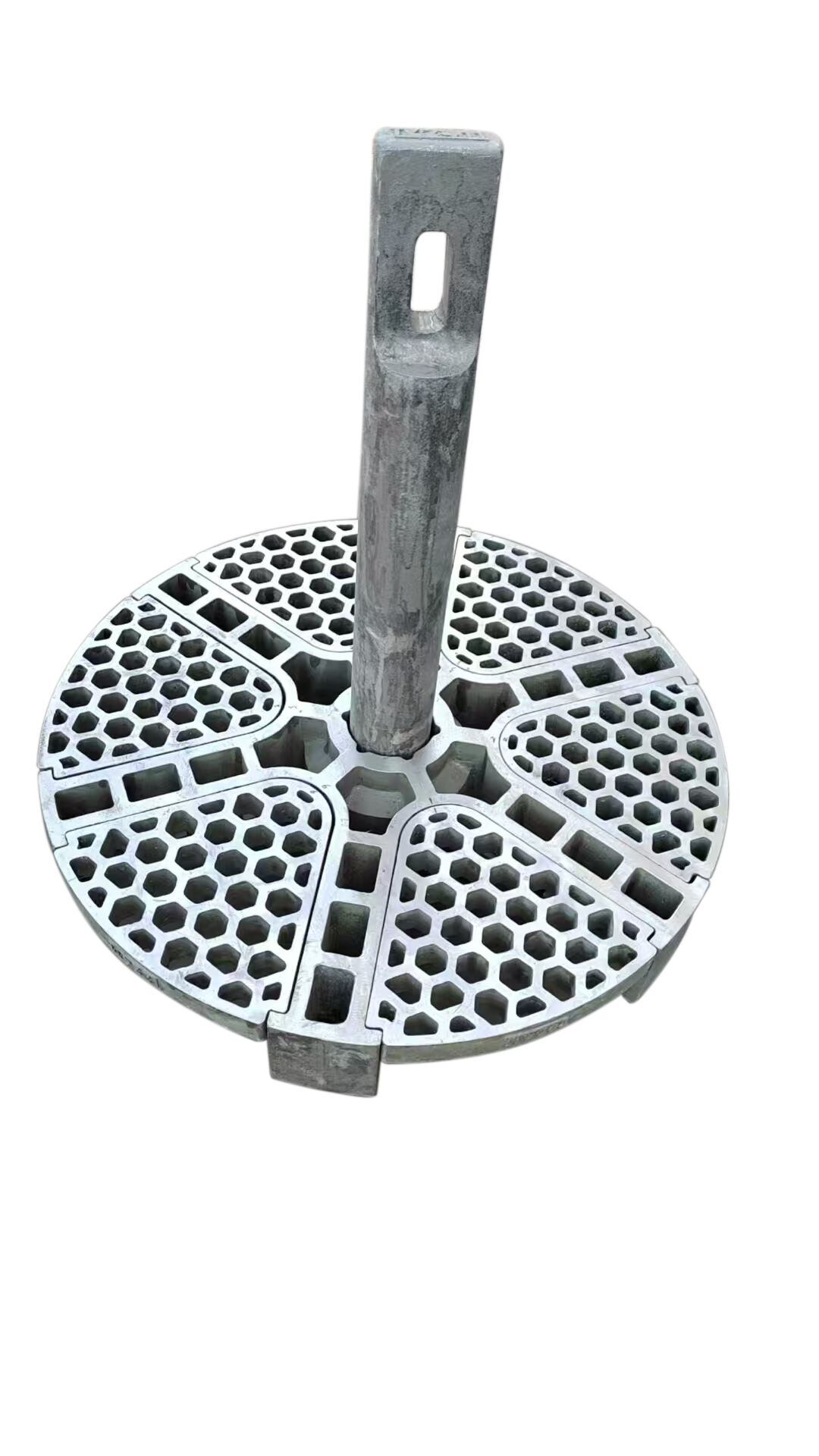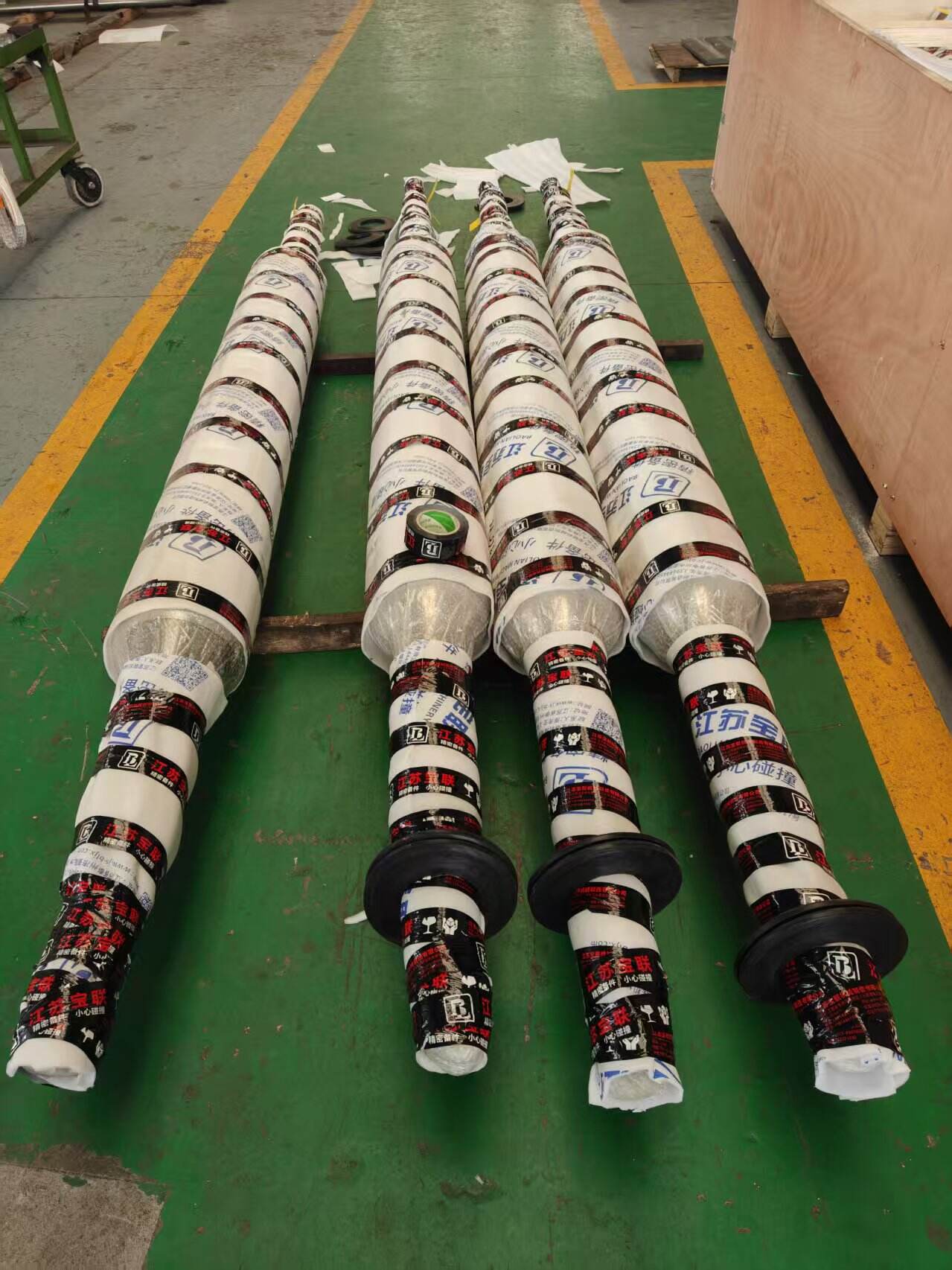thermocouple measurement
Thermocouple measurement represents a fundamental technology in temperature sensing and monitoring across various industries. This versatile measurement method utilizes the Seebeck effect, where two different electrical conductors create a voltage difference proportional to the temperature difference between their junction points. The system consists of two dissimilar metal wires joined at one end, forming the measuring junction, while the other end connects to the measurement instrument. Thermocouples can measure an extensive temperature range, from extremely cold cryogenic levels to extremely high temperatures exceeding 2000°C. Their robust construction makes them suitable for harsh industrial environments, while their quick response time enables real-time temperature monitoring. The technology's reliability stems from its simple design, lacking moving parts and requiring minimal maintenance. Common applications include industrial process control, automotive testing, aerospace systems, medical equipment, and food processing. The measurement system provides continuous temperature data, essential for quality control and safety monitoring in manufacturing processes. Modern thermocouple systems often integrate digital interfaces and smart features, enabling seamless integration with automated control systems and Industry 4.0 applications. Their accuracy and repeatability make them indispensable in research laboratories and calibration facilities.

